Prelude: This work could be a theatrical play, it could also be read as someone’s diary, or as a metaphysical narrative, or even be mistaken with a therapy session. Don’t be fooled, these are just my thoughts. Now, I will introduce my characters: Someone will always speak first, and that someone will serve as the omniscient narrator. He knows everything about the world, he will try to explain it with simple words. The omniscient narrator will tell the story of a girl. She will also speak. You will witness her words but also her thoughts. And these thoughts will be the voice of her imaginary self. Her inner-self will have its own name. The name is Bo.
Chapter One :“ The successful project ”
…si vous voulez comprendre quelque chose aux origines de l’homme, il vous faut bien d’abord remonter aux origines de tout ”. Vercors, author of Les Animaux Dénaturés, 1952 “…if you want to understand somtehing to man’s origines, you need to go back to the genesis of everything ”.
Part one: On the great purpose of Mankind (only the narrator speaks)
It seems evident that humans are not meant to be alone. There were men and women.
In the beginning, the Golden Age1*: humans were a peaceful race. They only believed in Earth and Nature, they had no jobs, no diseases, no old age, and death was —like a deep and profound sleep they had nothing to worry about. Things were simple. “ It was the race of the Golden Age, gold as for the sun, the fire, the daylight and the masculine principle. ”Marc Weber Le Cycle des Dieux, Tome 1 : Nous, les Dieux - L’Ile des sortilèges Poche – 2006
The ‘masculine principle’ (was born) occurred quite naturally, if I may say: since it depended on men and women’s given biological attributes. Men couldn’t make babies, woman could. In the first primitive forms of human society, no clear distinction w as made between men and women. Both were assigned difficult tasks. Woman were robust, robust enough to participate in warrior expeditions. Their strength and capacity were not questioned.
And yet women were not men… “[…], as robust as women may have been at that time, the burdens of reproduction represented for them a severe handicap in the fight against a hostile world…”. Hence, men had to take over: they became the ones who had to protect, to discover, to explore.
Long story short, masculine supremacy rose from the absurd women, fertility quality, and from the privilege assigned to woman: reproduction. And this will remain her only privilege. This role given, they could only play that part : “ Thus woman did not even have the privilege of maintaining life that the creator male had; […] she played only one part in the human species’ effort to persist in being, and it was thanks to man that this effort had a concrete result. ”Simone de Beauvoir , The Second Sex —1949, Chapter I, p97 Women’s pregnancy constrained them into domestic work. Because they were weakened(ironie a pousser) and diminished for long periods of time, they couldn’t participate in the hunting activities of men. Women were bound to being fertile. Men regarded women as the opposite sex, the weak one, the diminished one, the impotent one, the one that cannot fight, that cannot protect others, that cannot defend herself, the one that waits… Wait for the fishes to be caught, wait for the world to be explored, wait for the man to take power. Men explore the territories and seas, they conquer the world and name the new land.
Therefore, women appeared as the perpetrator, the nourishing sex while men were the protectors, the exploring sex. Women are considered as birth-giving tools. Once the child is born, he or she is named, not after his mother, but after the father. One could wonder who the creator is?
This is where men and women fate diverge.
One of the reasons why humans give children their fathers’ name is because they were the ones who sought to expand and to surpass themselves. Men were the ones to explore the outer world therefore the one to create. “ The reason for this is that humanity is not a simple natural species: it does not seek to survive as a species; its project is not stagnation: it seeks to surpass itself. ” Women couldn’t take pride in the activity of giving birth since they only reproduced. Therefore participated to the stagnation and stability of the tribe while men surpassed it. As they gave their names to their cities, statues were raised to their names, streets, buildings as well as their sons and daugthers./ as well as he gave his own name to the cities he built, his progeny wore his name. By discovering and hunting, men could “ test ” challenge their power and strength and surpass themselves. They were admired and their successes were celebrated, worshiped. “ The worst curse on women is their exclusion from warrior expeditions; it is not in giving life but in risking his life that man rose himself above animals; this is why throughout humanity, superiority has been granted not to the sex that gives birth but to .
Part two (narrator+The Girl:+Bo): She was the first child. An—other* came 2 years after her And finally there was a boy.
Wrinkle face and hairy scalp wrapped in an hygienic hospital landscape. This was a nice picture (to add)to the first album of the family. There she came and here it was. The first picture of her, the first portrait that framed her. She looked at it with flared nostril and a bitter taste of disgust:
The Girl: So much hair! She sticked her tongue out. I don’t like to be framed, and I don’t want to. I wish there was something more iconic to celebrate newcomer me. “I remember you had so much hair when we visited your mother after her delivery”. That’s the classic anatomic detail my family remembered and love to remind me of. Defined by my hairy scalp and the shy furr adorning my small body. Well maybe it doesn’t matter if I belonged more to the monkey than the human race.
Bo: Darwin used to say humans are animals among others, there is no such things as human supremacy. She didn’t want to show weakness to Bo and she disdainfully addressed him “I was obviously, already well aware of the place I belonged to. I take all credit for it. I made myself a hairy child! This genetic feature belongs to me… ” Now she was a bit red from the lie she was telling Bo
The Girl: because now I remember I wanted it to be like a political statement! I was already politically engaged at that time / as soon as I was born.
Bo: At such an early age ! That superior blood of yours took over the wild and free animal you were. /
The Girl: Fair enough, maybe I wasn’t aware of this, but I can be proud that my familly remembered me as a hairy child. “ …to remember me… ”. She stopped talking, now she really wanted to know and to remember what would it be, that thing that defined her. She realised that she had nothing to do with her own birth and that she belong to another project, something bigger, and she was angry she wasn’t part of the deliberations concerning her own fate. “ Hey but what was the first thing that defined me ”, she asked Bo.
Bo: what defines you ! Bo was a bit overwelmed by the question and choosed to respond with a joke, because it was too much to handle, he thought to himself. “Here I couldn’t even tell wether you’re a monkey or a human.”
The Girl: Can you be serious for the sake of this sociological enterprise we’re having here... Do you think it’s my name?
Bo: This must be it because that’s after knowing your sex they chose to give you a name.
The Girl: So it’s my name.
Bo: Well First it’s your father’s name.
The Girl: Not that I don’t like my mother’s name but I like my father’s name better yet I don’t get why I should have my father’s. And sometimes when I try to go through the names of my mother, grandmothers then actually I end up lost in a cemetery of first names I don’t know about, I mean what if I wouldn’t have any name what if I would choose my own names.
Bo: I mean at this time it wasn’t really something we discussed because that’s how it works and everybody was happy about it so... Heredity was assure, the name would prosper and your parent’s project was a success. Your opinion was not really relevant at the time but... Now it’s your turn to choose.
The Girl: What is there to choose?
Bo:
The Girl: I’m not sure if immortality would suit me.
Bo: As a girl you’re entitled to your biological destiny. Once a woman forever a womb. Bo was looking at her with malice
The Girl: Will it be my utlimate goal then as a woman? To go 8 month on wales mode 2*. I mean woman don’t get pregnant every day like they did in prehistoric age. I can control my sexuality. I don’t get why, since we stop considering woman as static beings. Why do we still have this pressure of becoming mother.
Bo: Virgin and mother like Marie was. There you would reach perfection. “ The Girl: will be wife, mother, grandmother; she will take care of her house exactly as her mother does, she will take care of her children as she was taken care of: she is twelve years old, and her story is already written in the heavens; she will discover it day after day without shaping it; […]every of her step is planned in advance and toward which each day irrevocably moves her. ”
The Girl: Bo can you stop dropping your science like that with these insanity. Bo had to quote Simone* on this, because he could bear this injustice.
Bo: I’m letting you know what is ecxpected from you from an historical, objectiv point of view and from our several family diners get to know sessions it has always been implicit. Worst expectations’ discussion being the ones you have at weddings… the curious/obvious “Do you have a boyfriend”, the guilty “when are you gonna make us grand-children”, the winky “you’re next !”, or the classic “when are you get married”… But now that you mentioned prehistoric age, it can help us understand how the hierarchy of the sexes came to be. With no contraception involved, the people soon realised woman got pregnant. Therefore woman were not in optimal capacity to fight, hunt and so on. Our worst curse is our exclusion from warrior expeditions because from an equal relation to man we became opressed.
The Girl: Dahomey’s woman from the amazon escaped this status. They became great warriors and swer allegance to their king that took them all as wifes promissing him chastety. They would lay with no man or cut the head of their lovers in the night.
Bo: Make cock neclaces out of their testicules’ enemy.
The Girl: Lick their blood from their swords and scream with their amazon sisters.
Bo: Sure they did that. it is not in giving life but in risking his life that man raises himself above the animal; this is why throughout humanity, superiority has been granted not to the sex that gives birth but to the one that kills. but there is not a lot of woman who manage to access this priviledg. The rest of us were stuck in maternity and a sacred prostitution soon to be valued for his economic practicalities.
The gilr: But so they rejected their own nature.
Bo: What do you mean by nature? Femininity? Motherhood?
The Girl: yes, they would get rid of their female attributes for instance to through arrows they would cut one of their breast. They rejected motherhood or to have sex with man.
Bo: Right but your nature is not necessarly feminine. What does it even mean to be feminine?
The Girl: Well I think we explained how masculinity became. So Feminity should be seen as the opposit definition…? The only thing that tickles me in this story, is that I feel, by being mutilated breast warriors, refusing intercorse, they also remained in a masculin pattern/philosophy of life.(from a certain point of view)
Bo: Yeah but at that time, did they had a choice? At least they achieved to be respected et to get the same priviledg of being warrior status.
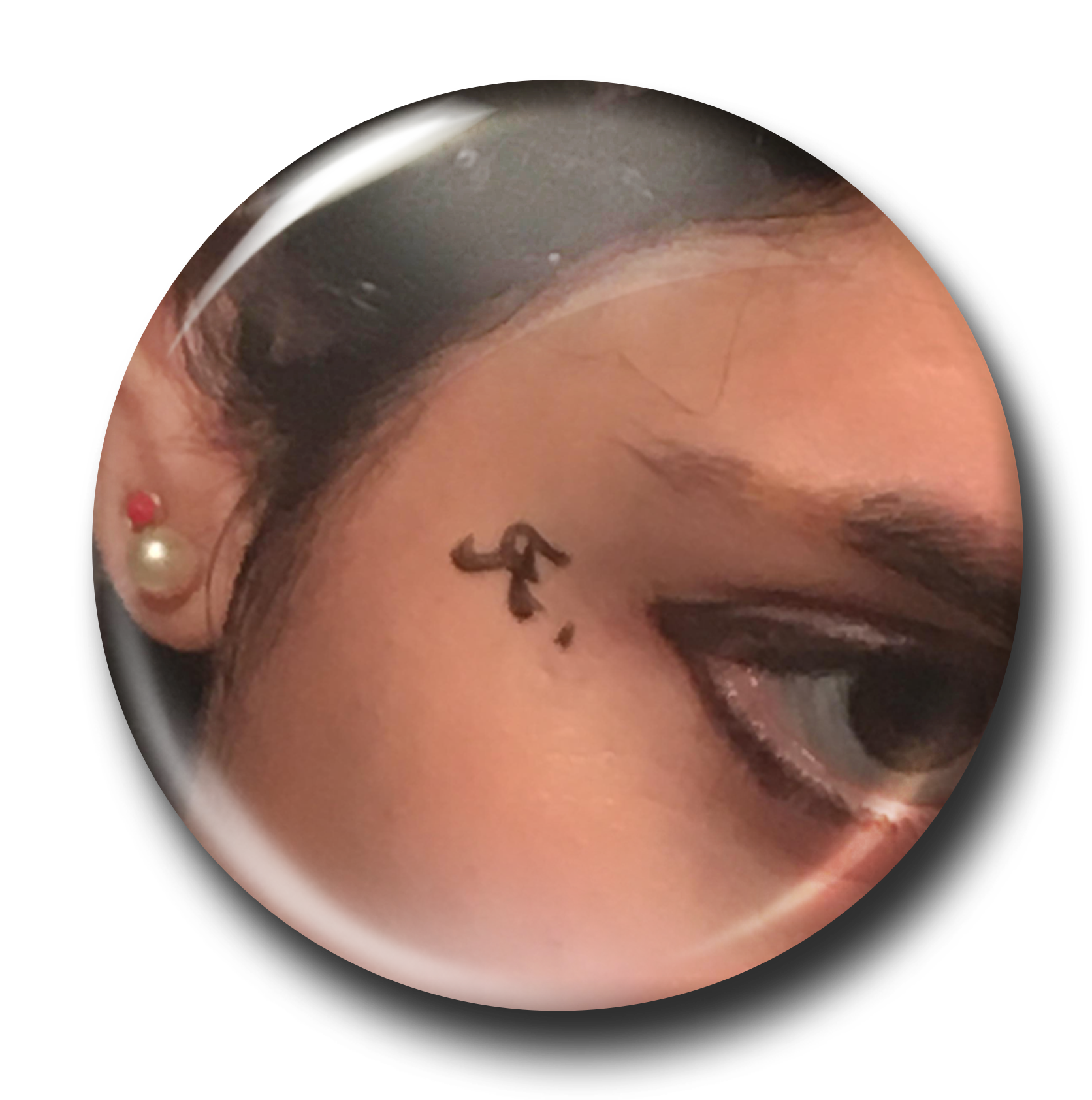
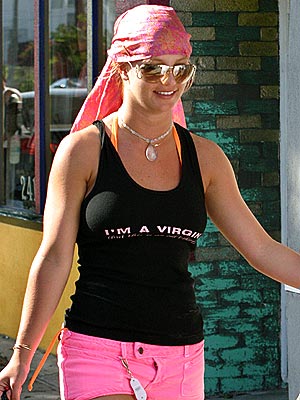









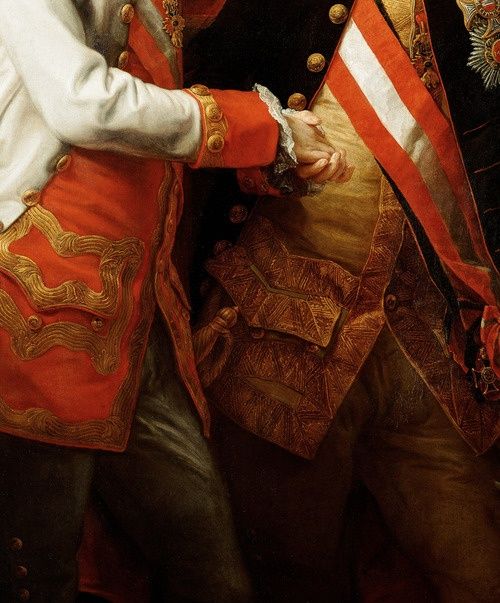
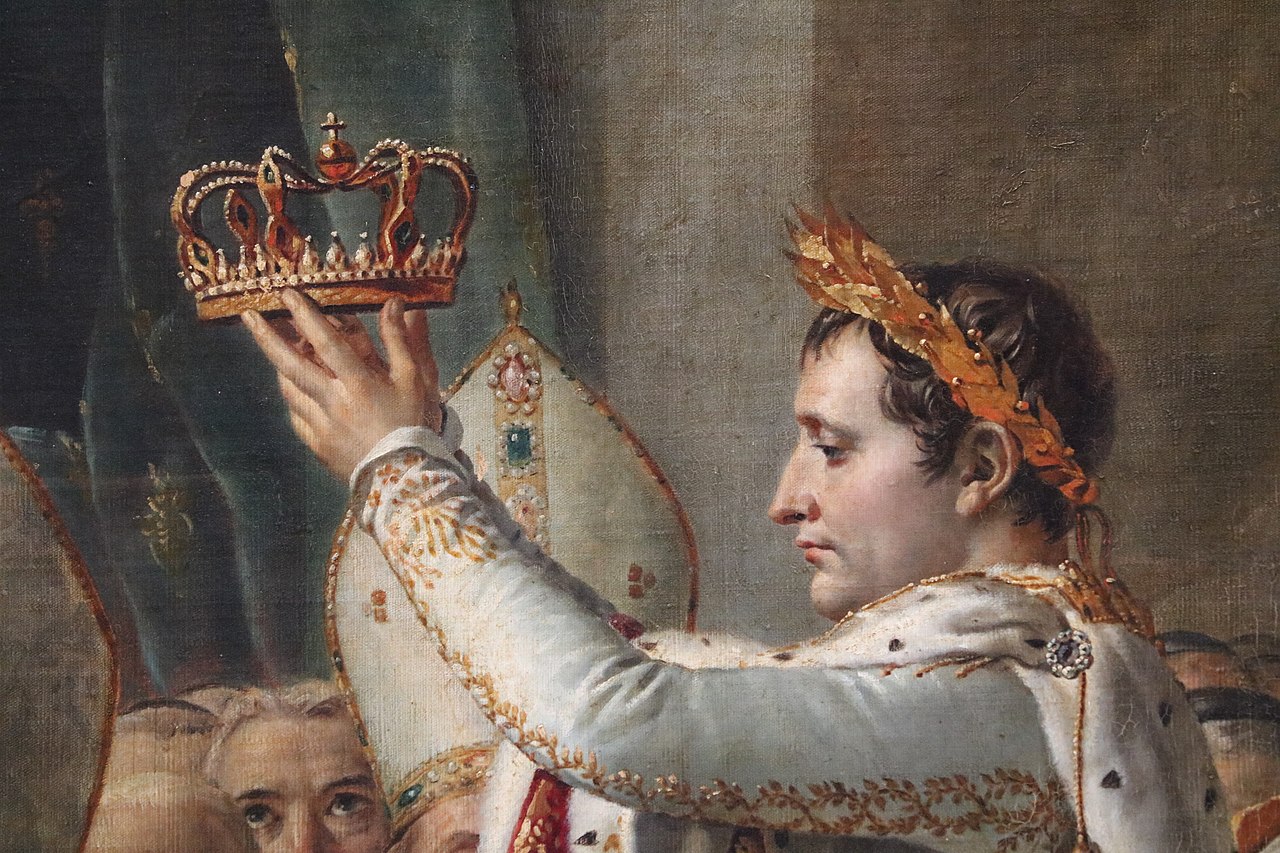
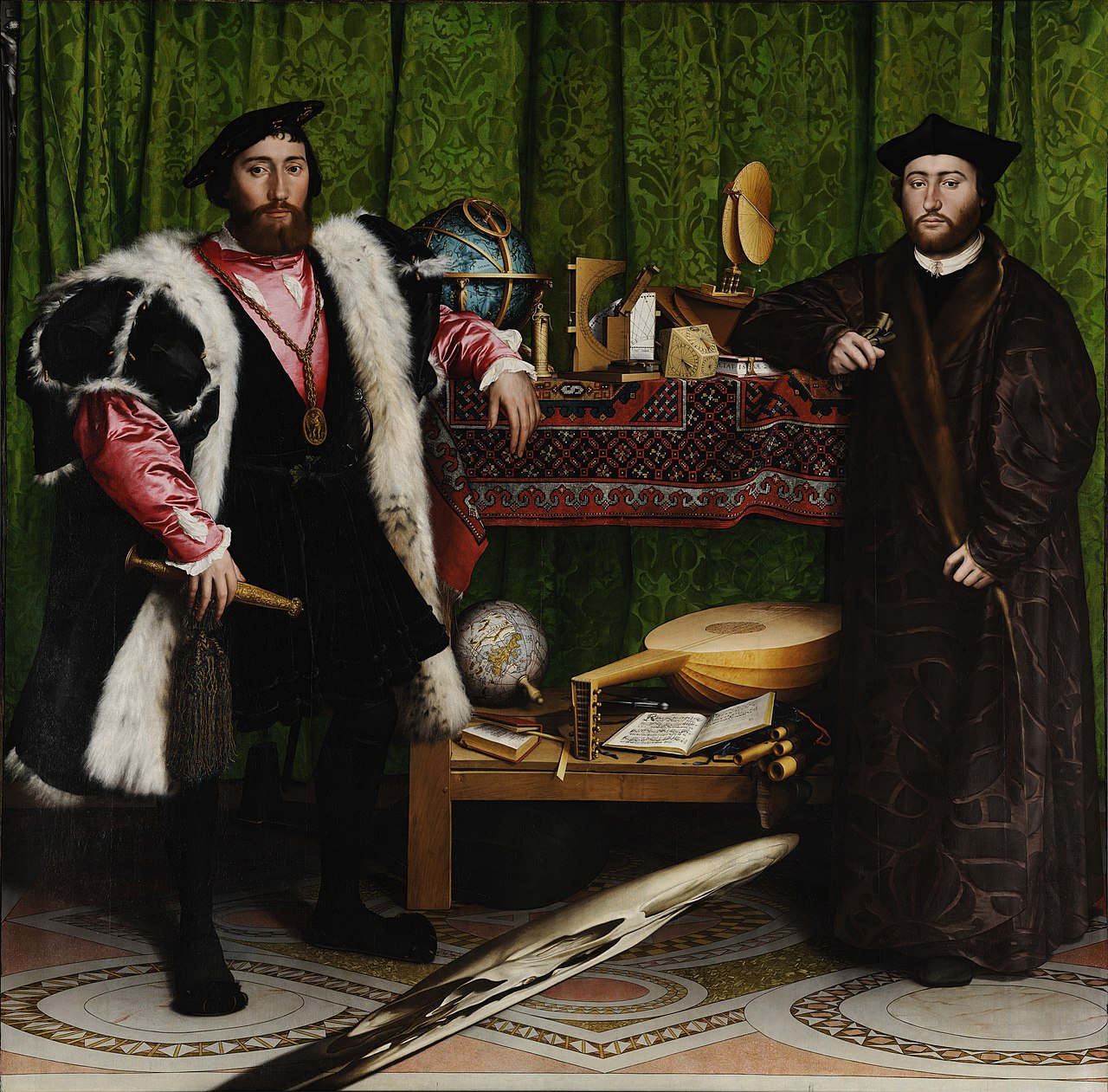
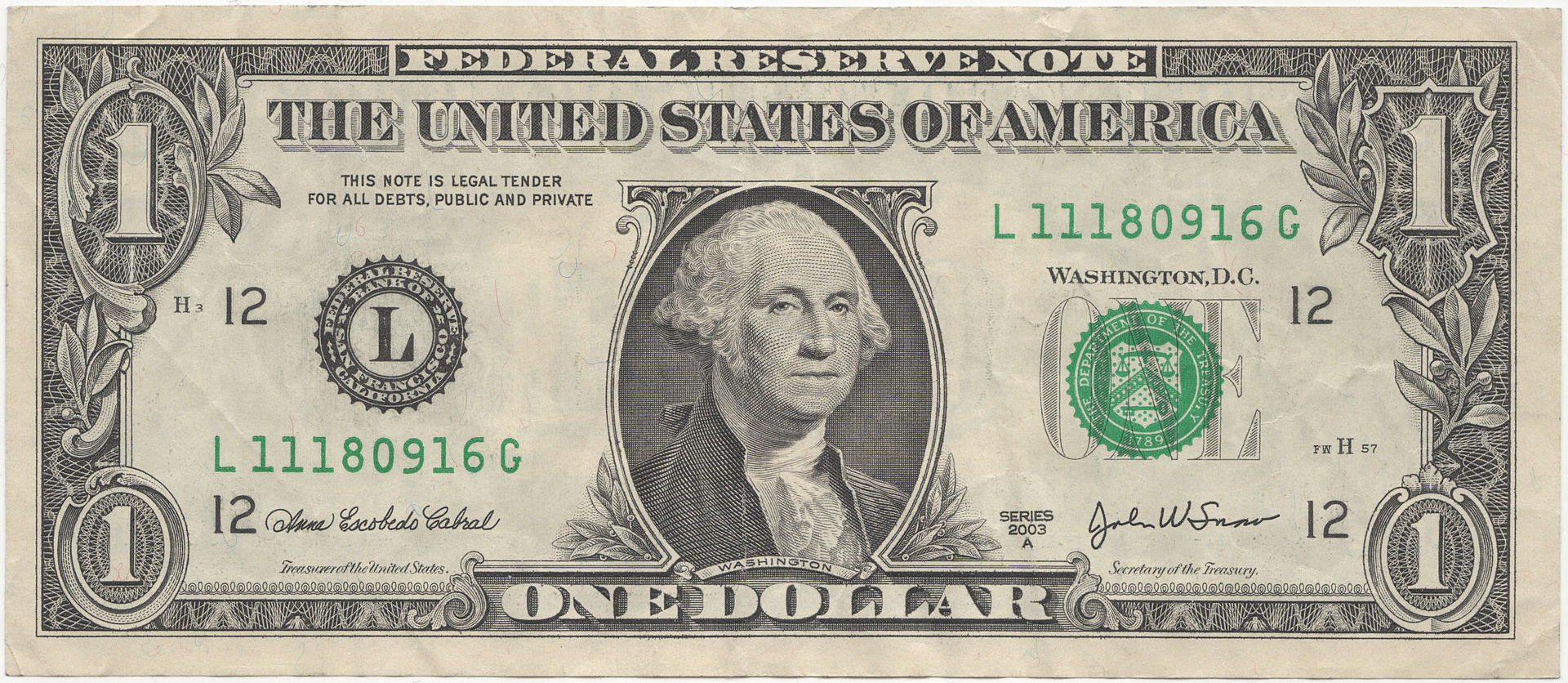

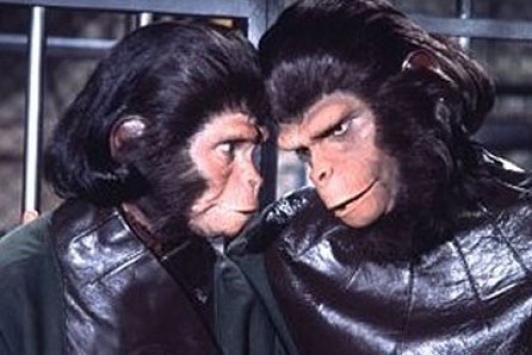

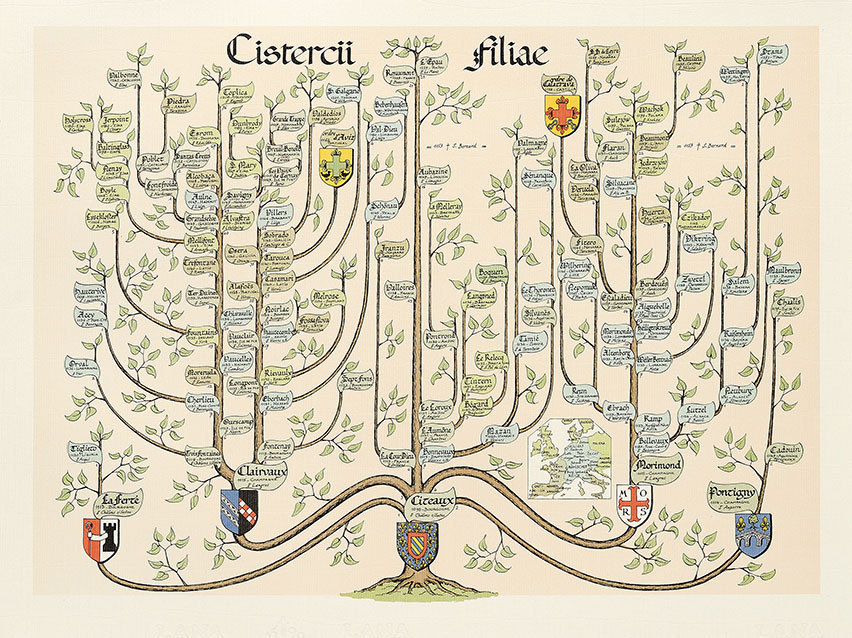
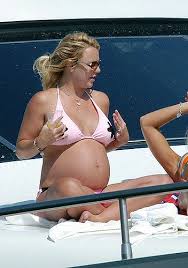


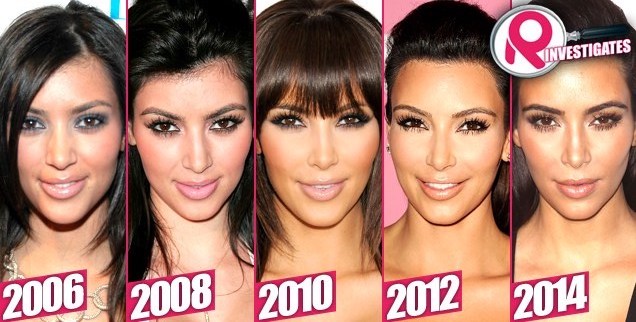

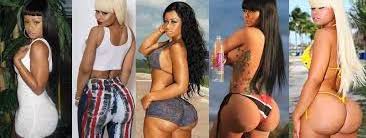
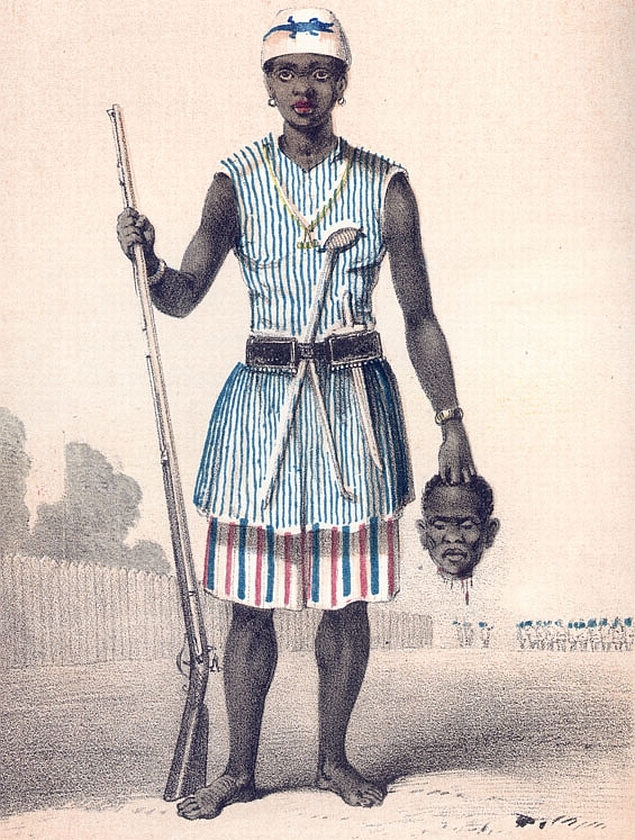
![Bo:
Virgin and mother like Marie was. There you would reach perfection.
“ The Girl will be wife, mother, grandmother; she will take care of her house exactly as her mother does, she will take care of her children as she was taken care of: she is twelve years old, and her story is already written in the heavens; she will discover it day after day without shaping it; […]every of her step is planned in advance and toward which each day irrevocably moves her. ”](image/war_02.jpg)